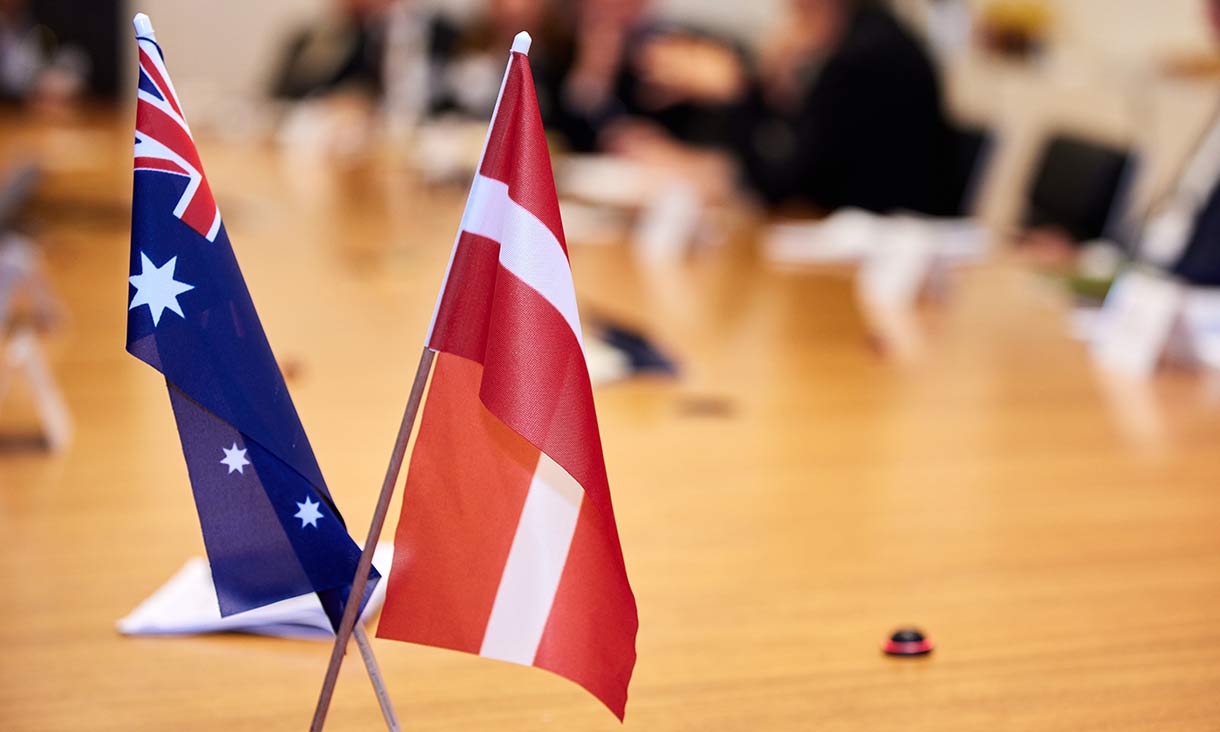Australia: Space Cyber Security Report Challenges, Anticipated Readiness, and Future Directions
Sponsored by the Australian Government Department of Defence's Strategic Policy Grants Program, researchers from RMIT University's Centre for Cyber Security Research and Innovation investigated Australia's preparedness to respond to space cyber security vulnerabilities and enhance its resilience.
RMIT University and New Aim Collaborate to Enhance AI-Driven E-Commerce Solutions
New Aim is one of Australia’s largest private ecommerce technology companies—trusted by Australia’s leading online brands and marketplaces—that delivers end-to-end solutions across procurement, supply chain management, multichannel integration and pricing.
Gender Dimensions in the Australian Security Industry
This study aims to gain an accurate picture of the security industry workforce in Australia. The goal of this study is to identify practical ways to expand and diversify the industry’s talent pool to best equip it for the growing challenges and demands it faces.
RMIT University welcomes the Latvian Foreign Affairs Minister to discuss opportunities to expand international collaboration and research in the areas of hybrid security threats
On Tuesday 3rd September, the Latvian Minister of Foreign Affairs, Her Excellency, Baiba Braže, visited RMIT University as a part of her trip to Australia.










